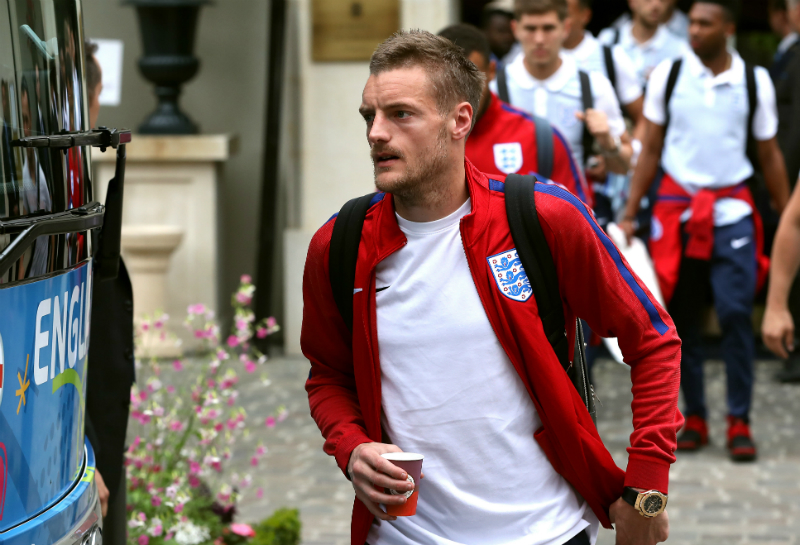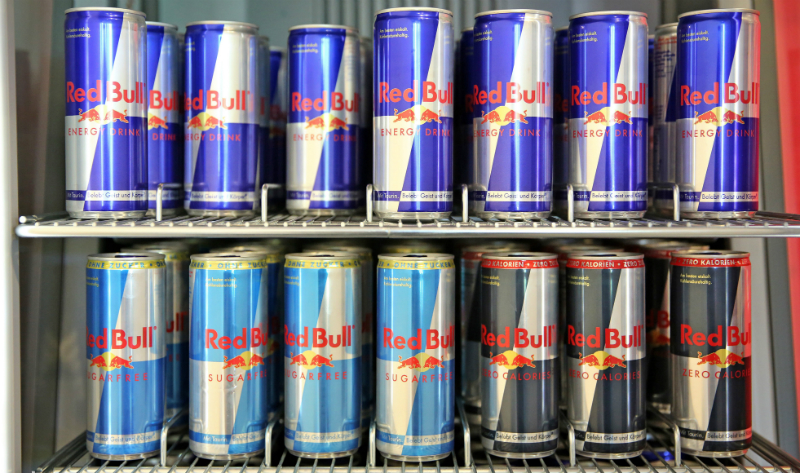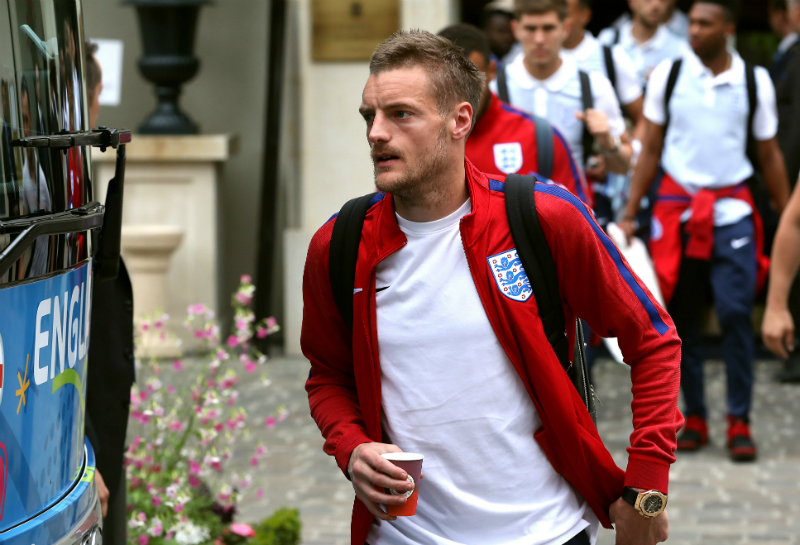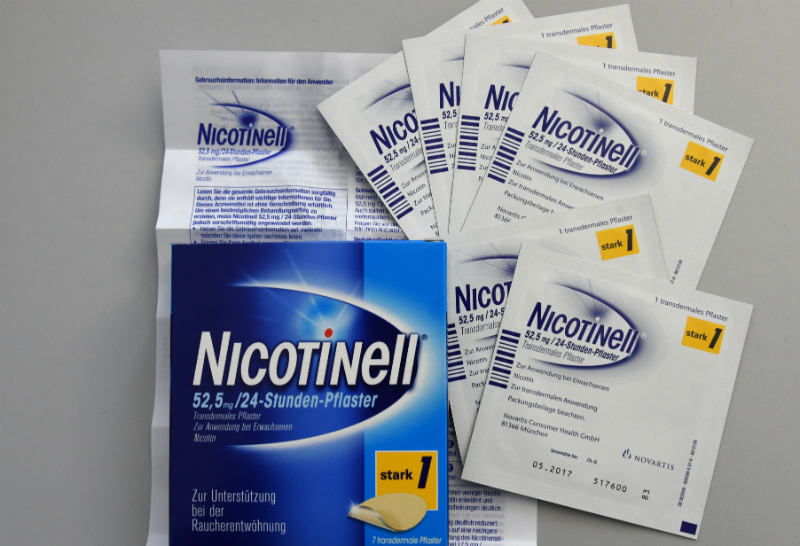The science behind Jamie Vardy's diet
Jamie Vardy uses Red Bull, coffee, port and nicotine to get him through the week - but what impact does his diet have on his performance?

Some people can't stay awake in a morning without glugging down copious amounts of coffee, but for Leicester City’s Jamie Vardy, a cup of Nescafe isn’t enough.
The 28-year-old recently revealed he has Red Bull, coffee and even nicotine prior to training, while also admitting to drinking port to help him sleep before a game.
His use of stimulants and alcohol may seem at odds with the strict diets of many top players, but is he in fact gaining an advantage over his Premier League peers?
FFT spoke to registered dietician, Matt Lawson, who works for Notts County and Team GB, to find out what impact it could be having on his performance.
Get FourFourTwo Newsletter
The best features, fun and footballing quizzes, straight to your inbox every week.

Red Bull
Why does he use it?
“Vardy will be using the red bull for the caffeine content – which is very high," says Lawson. "The problem with Red Bull is that a lot of athletes find they don’t get any benefit from it because it’s very sweet and it sits on your stomach a little bit. The effect of it depends on what time he’s drinking it. I wouldn’t recommend it during exercise, as it wouldn’t be easily digestible in the stomach. A few hours before, however, wouldn’t be a problem. Red Bull has certain neuroreceptors within it, which affect the brain and delay fatigue.”
The science
One 250ml can of Red Bull contains 80mg of caffeine – roughly the same amount as one cup of coffee. A 2001 study examining the effect of Red Bull on performance found the drink significantly improved aerobic endurance (the ability to maintain a heart rate at 60-65% of an individual’s maximum) and anaerobic performance (the ability to maintain maximum speed) on a bike. Reaction times, memory recall and concentration also showed big improvements.

Coffee
Why does he use it?
“Like Red Bull, he’ll be using coffee to delay the onset of fatigue, but my advice is to avoid it during the week. If you have it every day it becomes quite addictive and we don’t want players having coffee instead of water – they need to be hydrated. I’d recommend having it on a morning of a match day with breakfast. This way it will be a shock to the body because it isn’t used to it, so the benefit will be greater. If you drink it every day your body becomes desensitised to it.”
The science
Studies claim a pre-match caffeine binge could be the difference between success and failure. Dr.Rob James, lead researcher at Coventry University, revealed the results of a study that showed a very high dose of caffeine improved muscle power and endurance by 6%. But how many times will you need to boil the kettle? The research says six milligrams of caffeine per 2.2lbs of body weight – the equivalent of two cups of coffee for an 11 stone male – just before exercise will do the trick.

Port
Why does he use it?
“In his autobiography, Vardy says drinking port helps him get to sleep, but the impact of alcohol varies for different people. We know it has a dehydrating effect on the body, which is absolutely not what you want before you’re about to burn 2000 calories over 90 minutes. During an average football match you lose two litres of fluid, so we don’t want to be dehydrating the body before that. In football, we see all the goals are scored in the last 10 minutes of a game – that’s often because of dehydration and the impact that has on concentration.”
The science
In 2013, the London sleep centre conducted a study, which revealed that while alcohol can help you get to sleep faster; it might disturb your slumber in the early hours of the morning. Chris Idzikowski, director of the Edinburgh Sleep Centre, said: "Alcohol on the whole is not useful for improving a whole night's sleep. Sleep may be deeper to start with, but then becomes disrupted. Additionally, that deeper sleep will probably promote snoring and poorer breathing.”

Nicotine
“I read about Vardy using nicotine pouches but it’s the first time I’ve come across a footballer using it. I’m not sure what the performance enhancing benefits are from taking it and you have to be careful that substances like this aren’t in breach of doping regulations. Nicotine and Red Bull have been on the WADA watch list for a while now, so I’d steer clear and choose a natural alternative instead.”
The science
A 2006 study found the substance boosted the endurance of cyclists by a whopping 17 per cent. “It’s been on the list since 2012, said the former head of UK anti-doping Michele Verrokken. “The key question here is establishing scientifically if substances like nicotine have a performance-enhancing effect.”
Recommended stories
